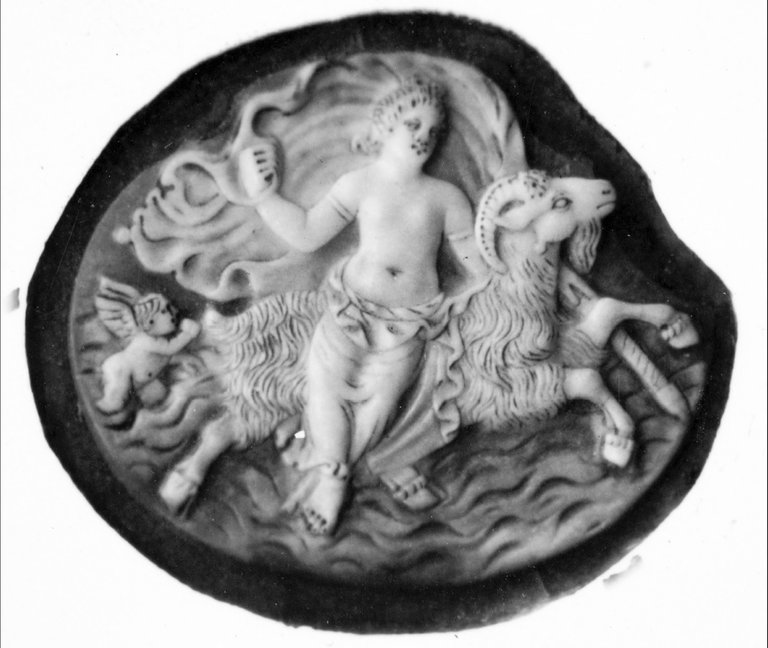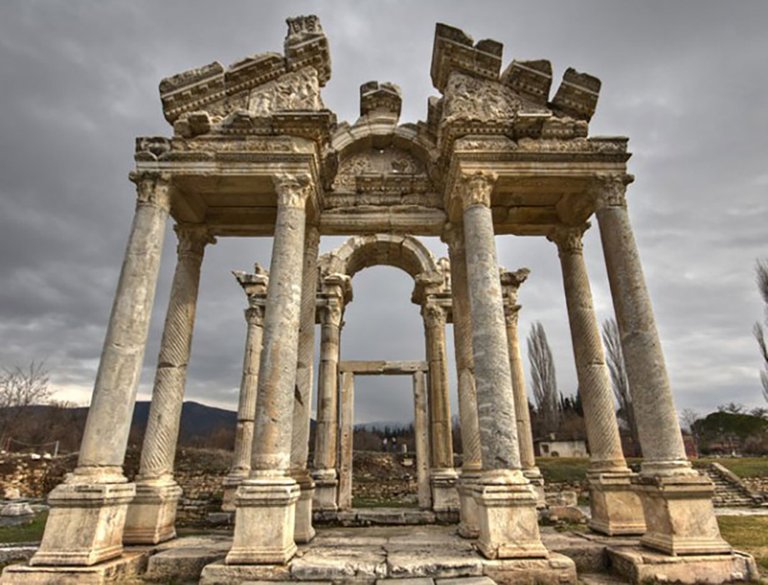These privileges included freedom, tax exemption, and extended asylum rights in the Sanctuary of Aphrodite, as evidenced by other inscriptions found in the theater. The infusion of Okavatan, Caesar's heir, was undoubtedly crucial in making these decisions. In a letter from Oktavian, inscribed on a wall of the stage building, there are expressions of friendly feelings not only for Aphrodisias but also for his freedman Zoilos, a citizen of the city. Such feelings continued after Octavian's in 27 BC. Augustus became. Zoilos, on the other hand, was held in high esteem by his fellow citizens for his role in their relations with Rome and for the numerous benefits he had given to the city.
Since the later l. Cent. Aphrodisias enjoyed a long period of prosperity and prestige. The Julian-Claudian emperors, of course, were weighed down by the city. In the year 22 AD. Tiberius confirmed the privileges granted earlier by the Senate. Later emperors from Trajan to During the crisis-ridden third century, the fortunes of Aphrodisias changed like those of many other cities. For a time Aphrodisias became the seat of a province consisting of Caria and Phrygia. Under Diocletian (284-305) or later, it became the capital, Metropolis, a smaller province of Caria. Since the gradual division of the empire, the city of course shared the fate of the Eastern Roman and later Byzantine empires.
The victory of Christianity in the 4th century led to the establishment of a bishopric, but this did not soon destroy the deep roots of a pagan past. After all, two Christian martyrs are attributed to the city, and their bishops participated in the theological dispute and hesitation over the nature of Christ, which plagued the early Christian centuries. But the pagan philosophy in Aphrodisias also survived. The Neoplatonist Asklepiodotos (from Alexandria) seems to have been one of the city's benefactors in the late 5th century. But the new order was determined to obliterate all traces of paganism.
The name Aphrodisias and the words derived from it were almost systematically eradicated from most inscriptions. In the 7th century attempts were made to name the city of Stauropolis (City of the Cross). But the name of Aphrodisias did not disappear altogether. In Byzantine times, however, the name Karia came for the city, which was still the capital of the area in use. Most likely, the Turkish name of the village Geyre derives from this Byzantine name.

